Academic Writing Services Overview
Academic writing services encompass a broad range of offerings aimed at assisting students, researchers, and academics in producing high-quality written work. Here’s an overview of academic writing services:
- Essay & Research Paper Writing : Custom essays and research papers written to your specifications, with structured arguments and scholarly tone.
- Dissertation & Thesis Support : Assistance with literature reviews, methodology, data analysis, chapter writing, and final editing.
Understanding Key Concepts and Methodologies
Understanding Key Concepts and Methodologies” is a comprehensive guide or course aimed at providing a foundational understanding of fundamental principles and approaches within a particular field or discipline.
Key components of such a program might include:
- Expert Academic Writers: Our team collaborates with subject-matter experts and professionals to deliver accurate, polished writing.
- Plagiarism-Free, Verified Work: We provide authenticity reports along with Turnitin verification upon request.
- SEO-Friendly Structuring: Content is formatted with clean headings, clear language, and keyword relevance for both readers and indexing.
- Local Insight, Global Standards : Pakistan-based team delivering globally competitive academic writing solutions since 2014.
Our Creative Process
2025 Statistics
%
On-Time
%
Satisfaction Rate
/7






















